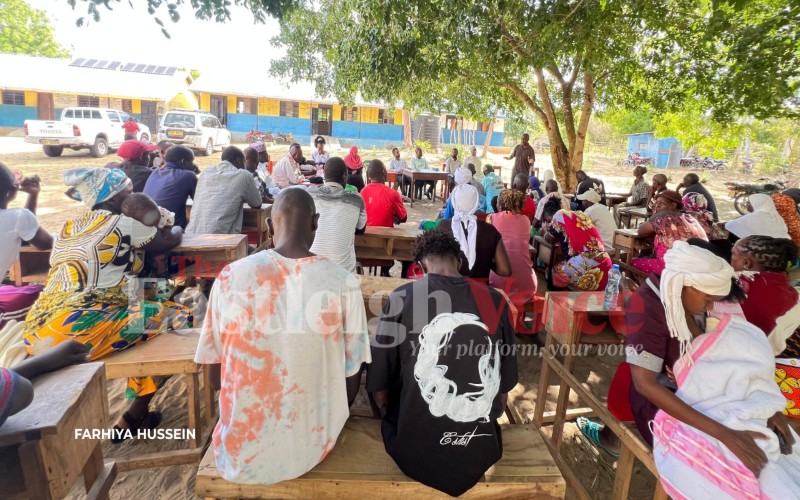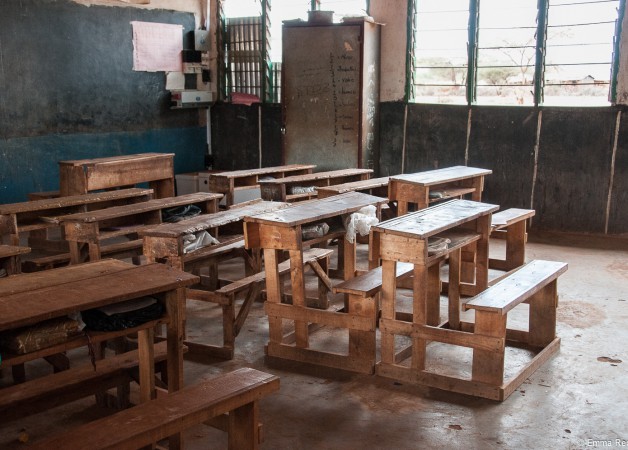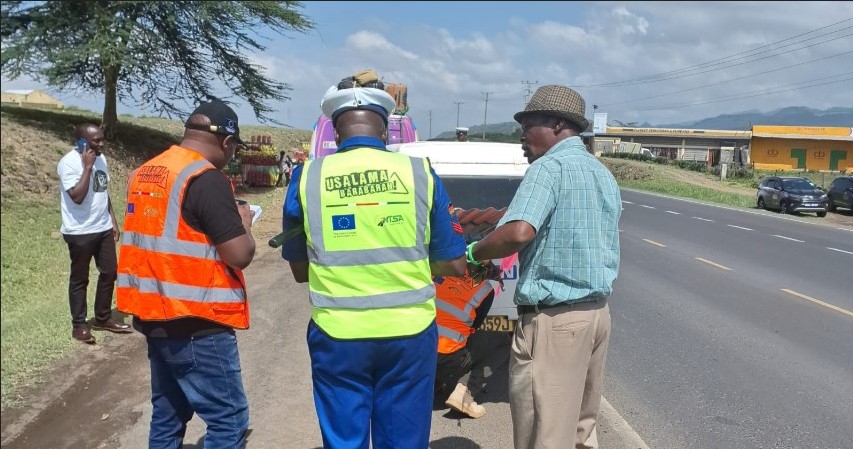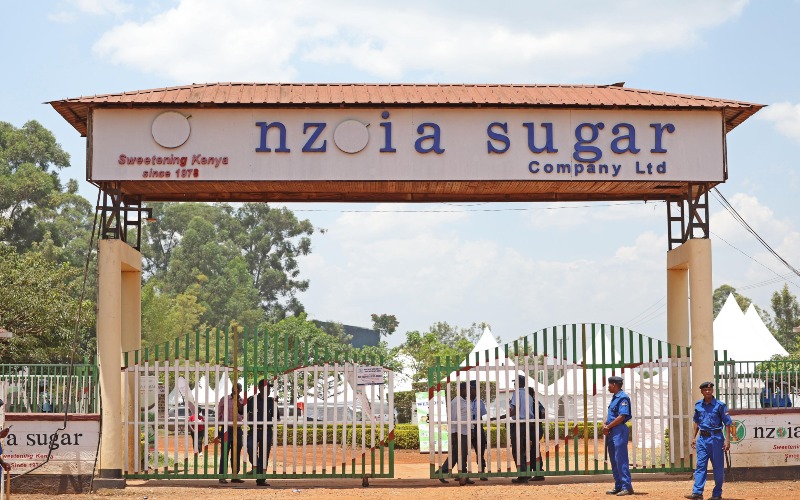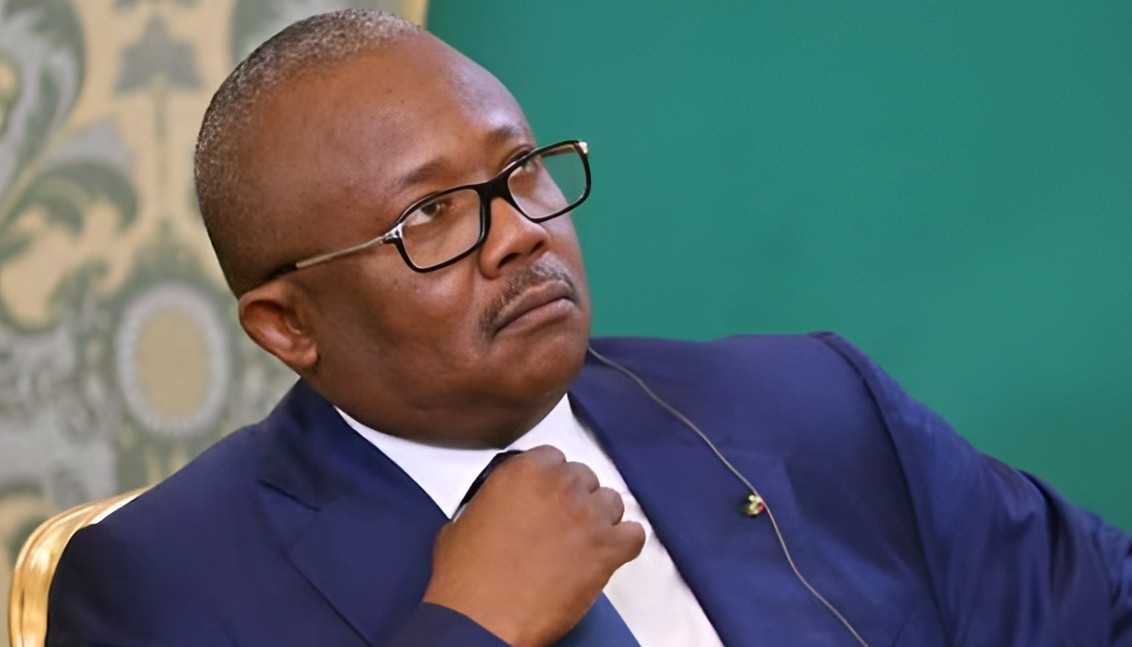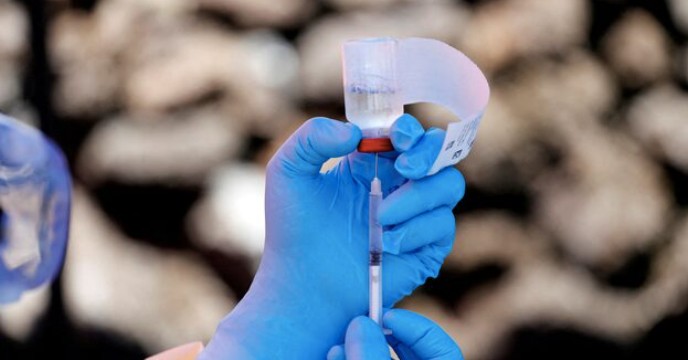KEBS denies reports of contaminated sugar, calls opposition claims baseless

KEBS assured the public that there is no contaminated sugar circulating in the market, noting that all sugar, whether locally produced or imported must pass through mandatory quality checks before it is allowed for consumption.
The Kenya Bureau of Standards (KEBS) has come out to firmly reject claims that contaminated sugar is being distributed across the country, calling the allegations baseless and misleading.
This follows a wave of concern sparked by opposition leaders, who alleged that a large consignment of unfit sugar had landed in Mombasa and was being transported to a factory in Western Kenya for repackaging.
More To Read
- MPs push to replace 1974 Standards Act after talks with KEBS
- AFA orders macadamia traders to declare stocks ahead of harvest ban
- Somalia declares drought emergency as millions face hunger after failed rains
- AFA to digitise all fibre import permits by January 2026
- Cars registered before 2019 must reach Kenyan ports by December 2025 - KEBS
- Somalia miraa market shrinks sharply as Kenya’s exports drop by 17 per cent
In a statement issued on July 31, KEBS assured the public that there is no contaminated sugar circulating in the market, noting that all sugar, whether locally produced or imported, must pass through mandatory quality checks before it is allowed for consumption.
“Our attention is drawn to statements circulating in the public domain alleging that contaminated sugar is circulating in the Kenyan market,” the statement read.
“KEBS would like to dispel these allegations and ascertain that both locally produced and imported sugar undergo mandatory and rigorous inspection, testing and certification before release to the market.”
The agency urged the public to ignore unverified reports, especially those being shared widely on social media.
“KEBS remains vigilant and transparent in its duty to protect consumers. We urge the public to disregard unverified and alarming information circulating on social media and other platforms.”
These assurances come after opposition leaders accused the government of allowing the distribution of 25,000 metric tonnes of sugar they claim was deemed unfit for human consumption.
Speaking on Thursday, Wiper party leader Kalonzo Musyoka alleged that the sugar, which recently arrived at the Port of Mombasa, is being quietly ferried to Western Kenya for repackaging.
“We are aware of a cargo of 25,000 metric tonnes (MT) of sugar that recently landed in our Port of Mombasa. These 25,000 MT of sugar are already on their way to a Western Kenya sugar factory to be repackaged and sold to unsuspecting Kenyans,” Kalonzo said.
Opposition figures, including Martha Karua and Eugene Wamalwa, echoed the concerns, claiming the alleged move is part of a broader trend of deceptive government actions. Wamalwa alleged that the temporary closure of sugar mills in Western Kenya was intentional, aimed at creating an artificial shortage to allow for the illegal importation and sale of substandard sugar.
"And we know that the three-month closure of the mills in Western was to realise artificial shortage for secret importation and re-packaging of the unfit sugar for sale," Wamalwa stated.
The sugar scandal isn't the only issue drawing fire. A separate government decision to allow the importation of 500,000 metric tonnes of duty-free milled white rice until the end of the year has sparked another controversy.
Opposition and even some Kenya Kwanza leaders have criticised the move, warning that it will severely hurt local farmers.
"This is a criminal regime that not only resorts to wilful violence against its people, resorts to physically harming its populace unfit for public consumption of goods, but also attempts to limit its people via wilful and defunding education, which is a right," Karua noted.
Kirinyaga governor Anne Waiguru and Maara MP Kereke Mbiuki added their voices to the growing list of leaders pushing back against the imports, calling for support of local farmers instead.
"Promote our farmers who have excess rice on their farms," Waiguru said.
"Let them buy from farmers," Mbiuki said
In response, Agriculture Cabinet Secretary Mutahi Kagwe tried to calm tensions, saying the government would prioritise buying all available rice from Kenyan farmers before bringing in any imports.
"We are assuring all farmers that the government is going to buy all stock from the farmers. The imports won't affect local production," Kagwe said during a visit to the Kenya School of Agriculture in Nyeri.
Backing him, the Agriculture and Food Authority (AFA) issued a statement explaining that the rice imports were a necessary intervention to avoid a food crisis.
"Failure to import rice under the current shortfall would lead to either acute food scarcity or a sharp spike in prices not only for rice but also for other staples such as maize flour and wheat products. This would create a domino effect on the cost of living and place an unsustainable burden on millions of Kenyan households."
Despite government attempts to offer reassurance, the opposition continues to press hard. Kalonzo has warned President William Ruto of a tough political road.
"President William Ruto, you are living on borrowed time and we are telling you that one term is a reality," Kalonzo declared.
As the debate over imported sugar and rice rages on, public trust remains a critical issue, with both sides holding firm to their positions. While KEBS and the Agriculture Ministry maintain that there is no risk to consumers, opposition leaders insist that the public is being misled for private gain.
Top Stories Today





